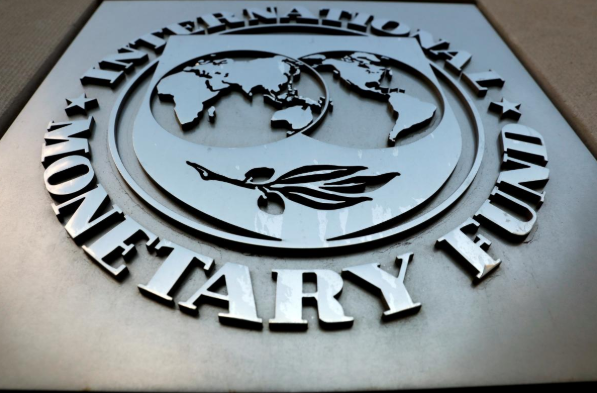
The International Monetary Fund (IMF) mission to Cairo reached a staff-level agreement with the Egyptian authorities for the completion of the fifth and the final review of the economic reform program during its visit to Egypt between 5 and 16 May.
The IMF team led by Subir Lall conducted the fifth and final review of Egypt’s economic reform program supported by a three-year Extended Fund Facility during the visit, an IMF statement said in Friday.
“The fifth and final review of Egypt’s economic reform program is supported by the IMF’s Extended Fund Facility arrangement,” Lall said.
He added that the staff-level agreement is subject to approval by the IMF’s Executive Board and that the completion of this review would make available SDR 1,432.76 million (about US$2 billion), bringing total disbursements under the program to about US$12 billion.
Over the last three years the Egyptian authorities have carried out an ambitious home-grown reform program which has aimed to correct significant external and domestic imbalances, promote inclusive growth and job creation, and strengthen social spending.
The authorities’ efforts have been successful in achieving macroeconomic stabilization, a recovery in growth, and an improvement in the business climate.
GDP growth accelerated from 4.2 percent in 2016/17 to 5.3 percent in 2017/18; unemployment declined from 12 percent to below 9 percent; and the current account deficit narrowed from 5.6 percent of GDP to 2.4 percent.
Gross general government debt is expected to decline according to our estimates to about 85 percent of the GDP in 2018/19 from 103 percent of GDP in 2016/17. International reserves increased from US$17 billion in June 2016 to US$44 billion in March 2019. As a result, Egypt has become more resilient to the elevated uncertainty in the external environment.
The Central Bank of Egypt’s (CBE) monetary policy stance has been appropriately calibrated, helping to reduce inflation from 33 percent in July 2017 to 13 percent in April 2019 despite occasional supply-side shocks and excessive volatility in some food prices. The CBE aims to reduce inflation to single digits in the medium term,” Lall said.
“Egypt is on track to achieve its three-year fiscal consolidation objective of 5.5 percent of the GDP in the primary balance. The primary surplus target of 2 percent of the GDP in 2018/19 is within reach, and the authorities intend to maintain this level in the medium term to keep general government debt on a steadily declining trajectory,” he added.
“The objective of structural reforms is to generate higher and more inclusive growth and create jobs for Egypt’s young and growing population. Steady progress is being made in implementing measures that aim to increase productivity, remove barriers to investment and trade, improve governance and reduce the role of the state in the economy,” Lall said.



